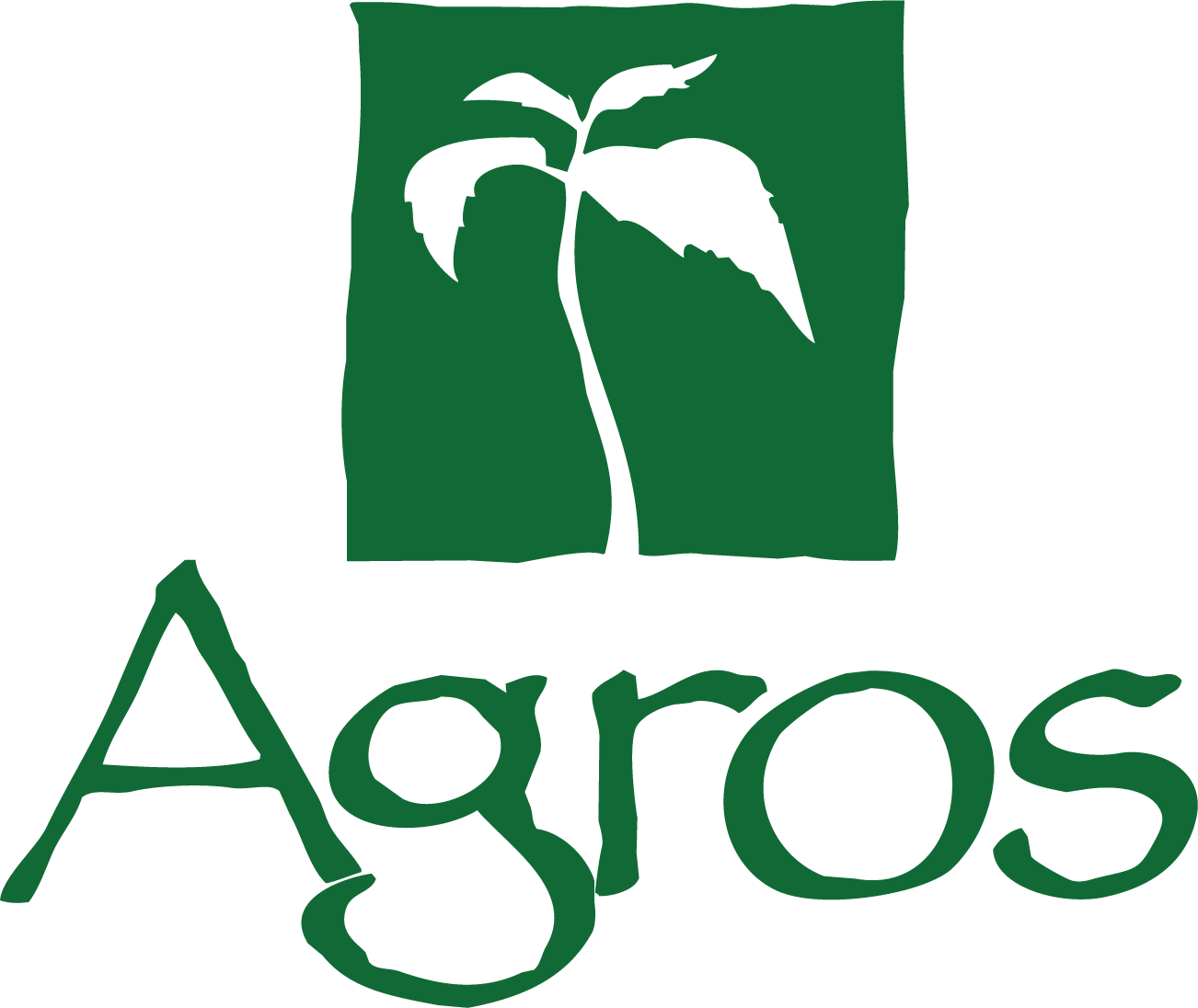

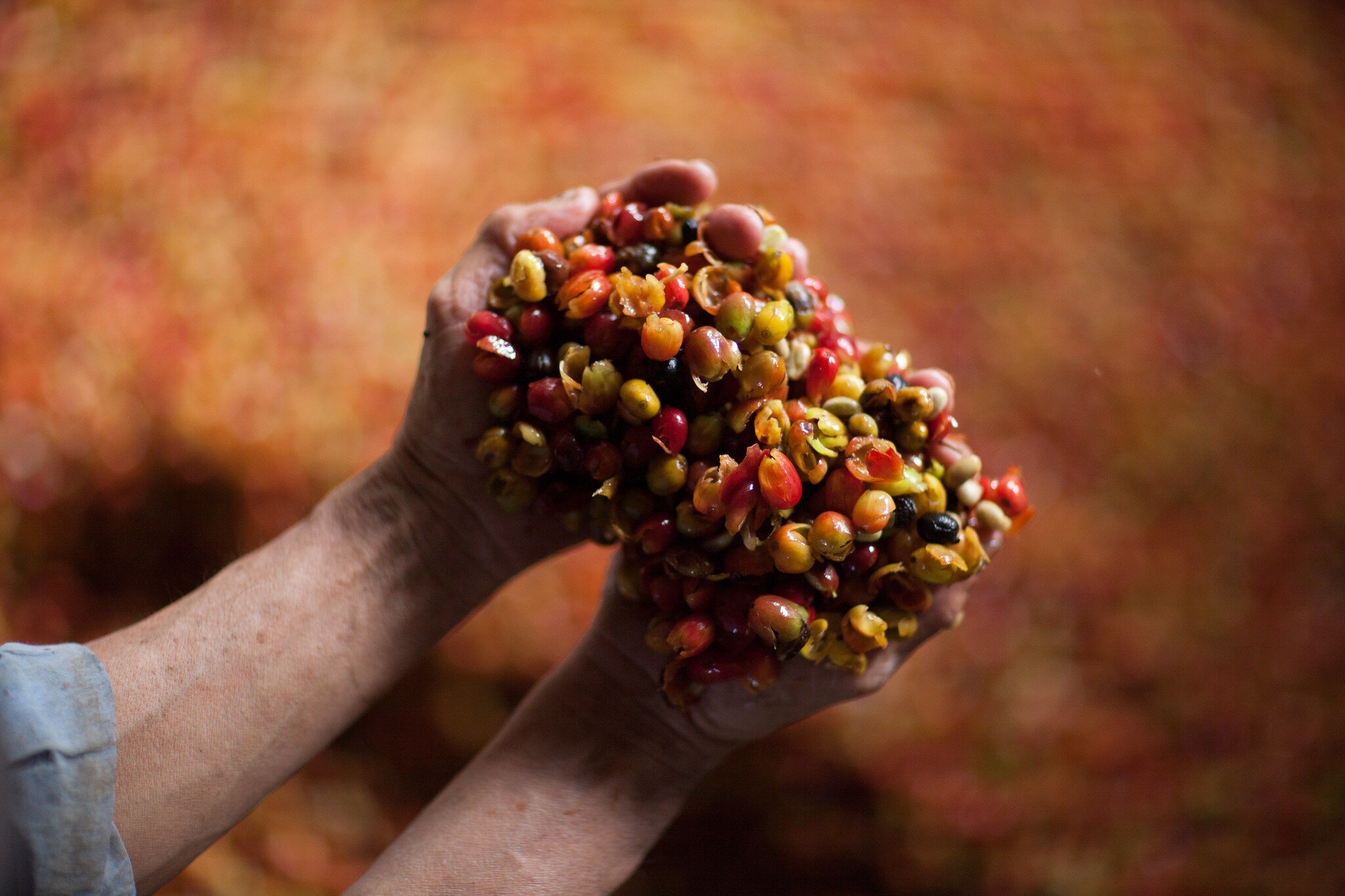

This post first appeared here on EWB’s website on May 20, 2018.
Coffee is the third most consumed beverage in the world (after water and tea). About half of Americans drink coffee every day, but rarely think about the people half a world away who picked the beans and the technology that makes it possible to bring them to market and our mugs.
EWB-USA’s Puget Sound Professional Chapter recently returned from a monitoring trip to inspect a coffee processing facility and wastewater treatment system that they designed and built in collaboration with the community of Tierra Nueva and our field partner Agros International. This is the second season the system has been functioning.
For the 150 families residing in the mountainside town of Tierra Nueva in northern Nicaragua, coffee offers a path out of poverty.
Coffee is the primary driver of economic development in Nicaragua. It is by far the country’s most important crop due to its economic, social and environmental impacts. The coffee sector employs about 332,000 Nicaraguans, which is equivalent to 15 percent of the labor market and 54 percent of the agricultural sector. There’s no doubt this crop is a vital national resource.
Despite the global demand for coffee, 50 percent of coffee producers—who are mostly family farmers—live below the poverty line. Nicaragua remains one of the poorest countries in the world and the second poorest in the Western Hemisphere. These farmers are growing their way to a better future by working as part of a collective armed with technical knowledge and improved facilities that allow for better quality beans.
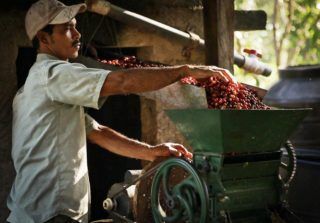

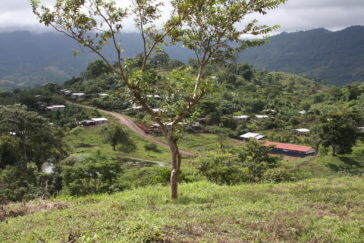

Approximately 95 percent of the coffee farmers in Nicaragua are micro and small-scale producers. In addition to coffee, most families rent land to grow corn and beans for subsistence. In return for the land they rent, landowners can take up to 50 percent of the harvest—making families reliant upon the landowners.
Families are the primary source of labor on small farms, forcing children to spend their days immersed in agricultural work instead of attending school. Many of these subsistence family farmers also work as day laborers on large plantations because their small, rented parcels of land are not sufficient to support their families. The days are daunting and the conditions can be brutal.
Coffee is one of the few crops still harvested by hand, and it is only harvested once per year. It is backbreaking work. Coffee trees require several years to produce a harvest, and the entire production process requires a greater commitment of capital, labor and land than most other crops. After coffee cherries are harvested, they must be de-pulped, fermented and cleaned properly. This all must be done within 24 hours of being harvested or the berries will begin to decompose. No small feat.
A natural byproduct of the cleaning process is a large amount of wastewater or aguas mieles (honey water). This highly acidic wastewater is one of the leading contaminants of local water sources in coffee-growing communities, threatening marine life and producing bacteria harmful to people.
In 2008, EWB-USA partnered with Agros, a nonprofit committed to breaking the cycle of poverty in Central America and Mexico by enabling landless communities to achieve land ownership and economic stability. They do this by providing long-term loans to farmers and by building communities—literally. To date, Agros has established 42 communities in Nicaragua, Honduras, Guatemala, El Salvador and Mexico. Our first collaboration was a rainwater harvesting and irrigation system for the Agros community of El Eden.
In 2012, we joined forces again with Agros to propose solutions for processing coffee berries and treating the residual wastewater for Tierra Nueva and other nearby communities.
The coffee processing facility, known as a beneficio, was designed with two goals in mind: encourage families to utilize an environmentally friendly coffee processing method and empower farmers to move beyond selling coffee berries to selling coffee beans, which yield a higher price at market. They are also able to generate income by charging a small fee to other coffee farmers seeking to use the cleaning facility.
The beneficio features a wastewater treatment system capable of filtering and treating an entire season’s worth of coffee processing wastewater. Within the system, coffee husks are filtered and the wastewater is directed to a settlement basin and neutralization ponds that hold the wastewater. After several months, the water will naturally lose its acidity and can then be released.
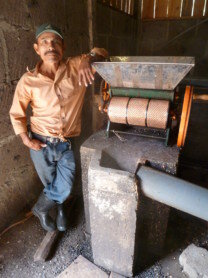

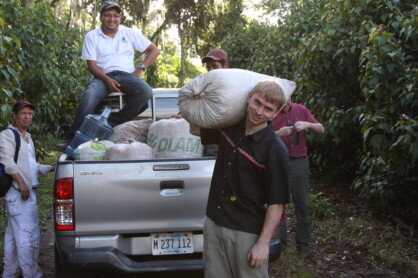

With this new beneficio and wastewater treatment system in place, the people of Tierra Nueva are now able to safely grow, process and sell coffee beans without causing harm to their health and surrounding lands and rivers.
The facility also makes it possible and easier for families to efficiently depulp, ferment, wash and dry their own coffee. Dried coffee beans can be sorted by quality and size, allowing farmers to sell their best beans for a premium.
Advances in technology like this beneficio leverage community resources to help farmers move from survival subsistence farming to profitable and dignified agribusiness ownership.
As for EWB-USA, project team member Eset Alemu sums it up well: “It is great to be part of an organization where I can see the fruits of my labor and put my engineering skills to social good—its good to spread the love.”
Engineers Without Borders USA builds a better world through engineering projects that empower communities to meet their basic human needs and equip leaders to solve the world’s most pressing challenges.


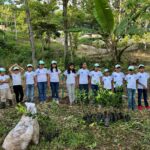



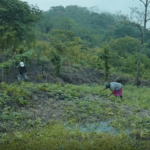

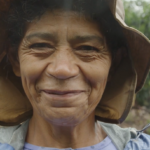



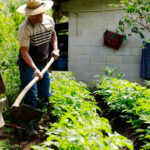

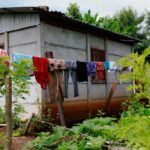

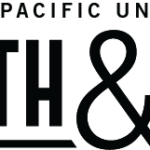



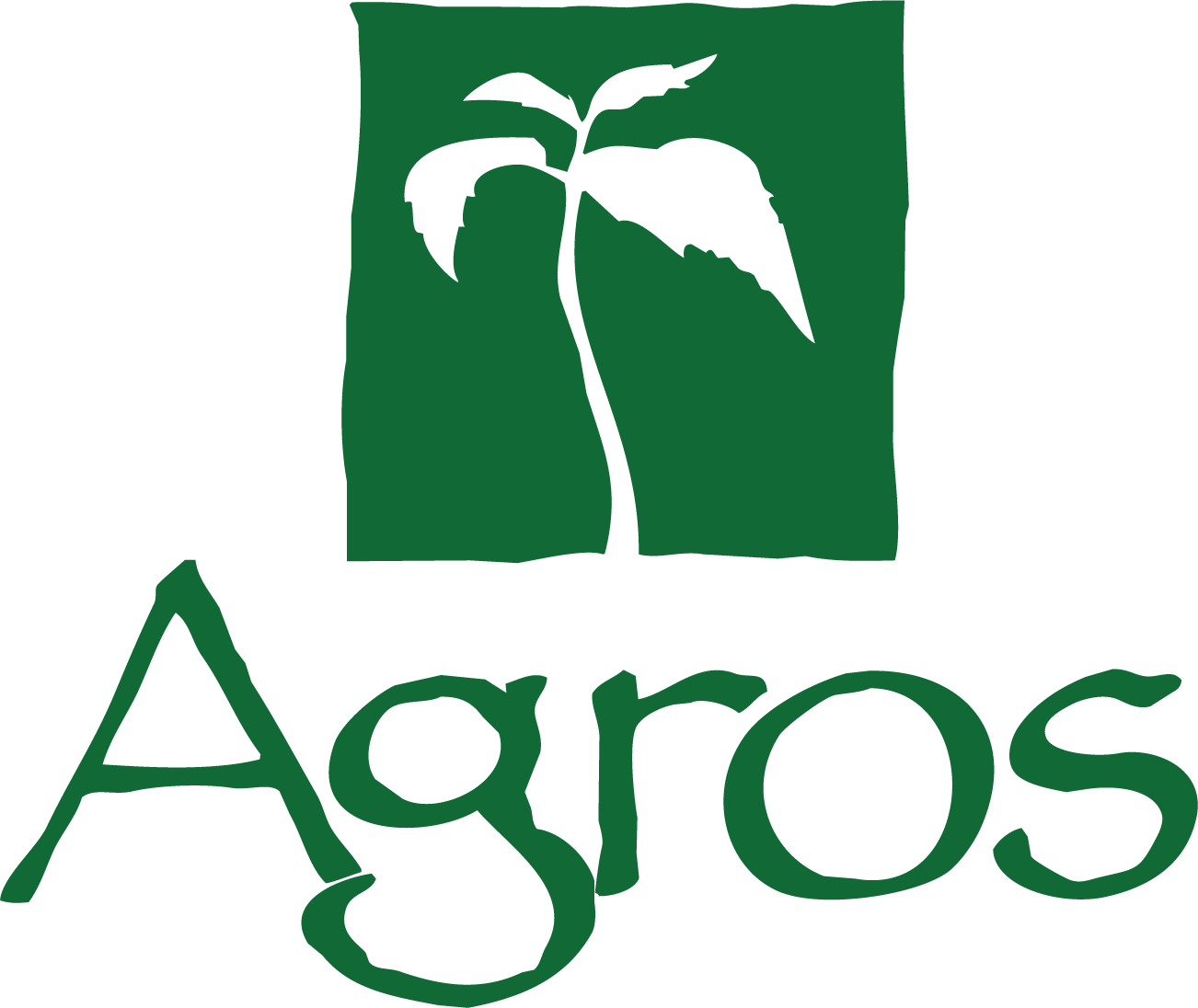
[…] Brewing Good: Helping Nicaraguan Farmers Take Beans to Market […]
[…] Brewing Good: Helping Nicaraguan Farmers Take Beans to Market […]
[…] Brewing Good: Helping Nicaraguan Farmers Take Beans to Market […]
[…] Brewing Good: Helping Nicaraguan Farmers Take Beans to Market • Agros December 18, 2021 at 12:59 am […]
[…] Brewing Good: Helping Nicaraguan Farmers Take Beans to Market […]
[…] Brewing Good: Helping Nicaraguan Farmers Take Beans to Market […]
[…] Brewing Good: Helping Nicaraguan Farmers Take Beans to Market […]